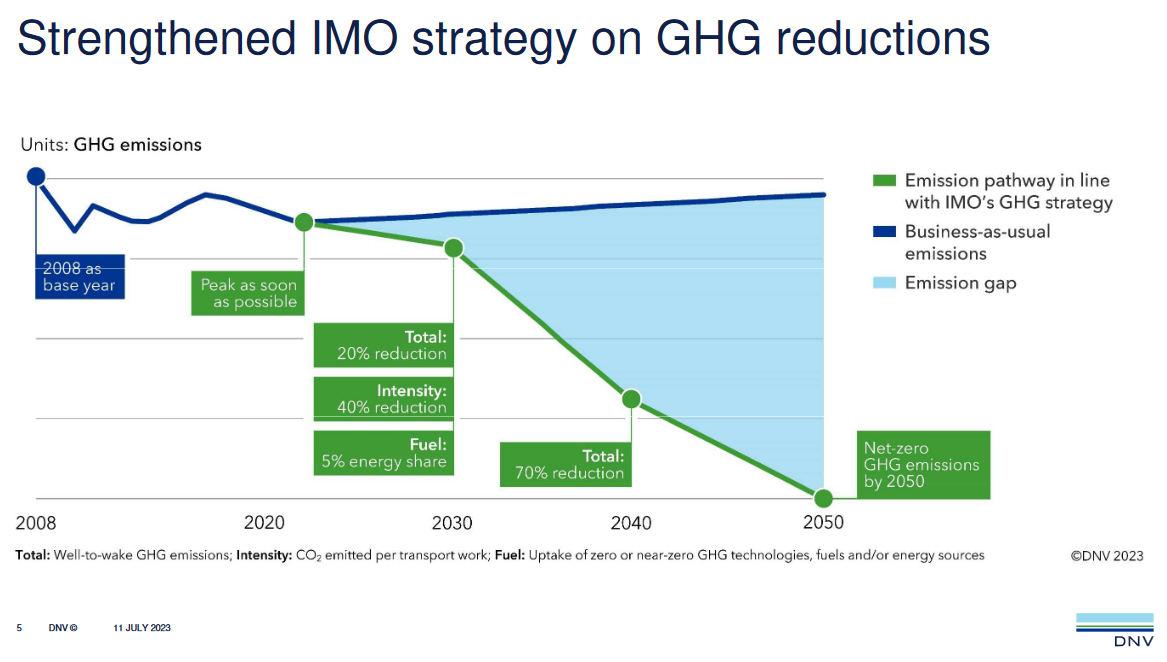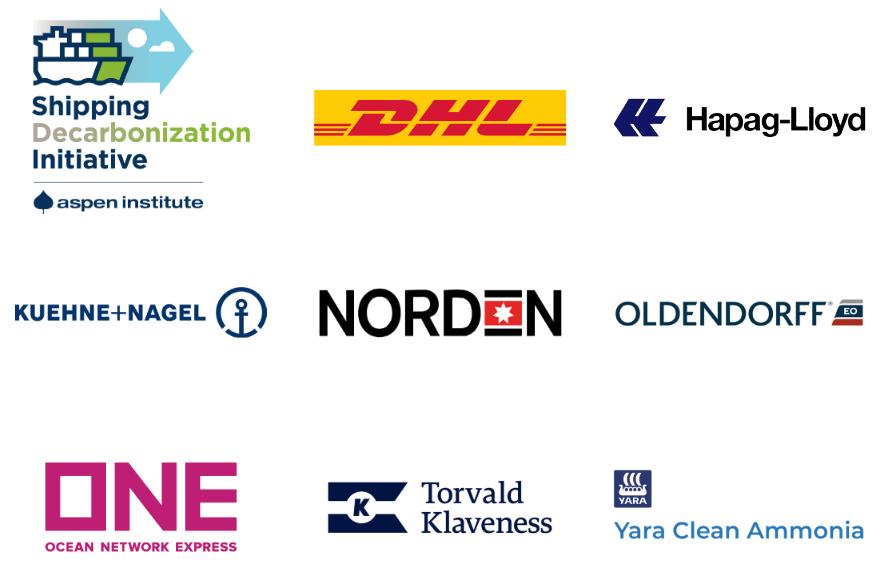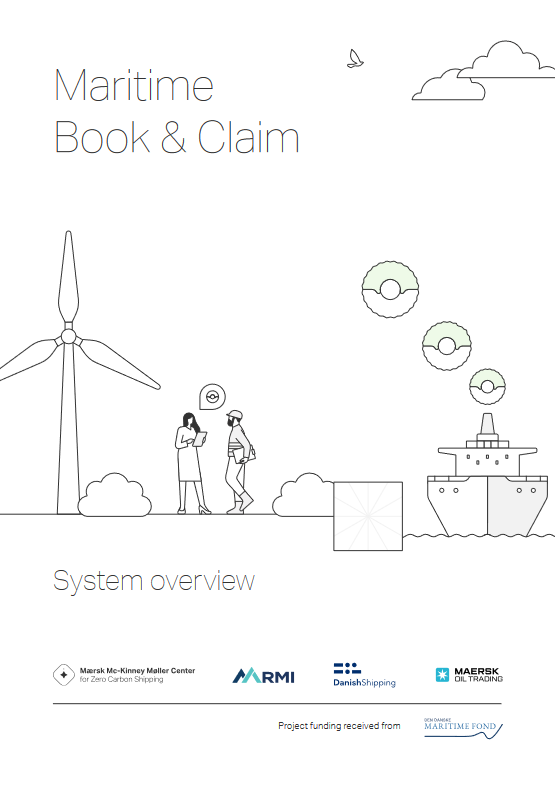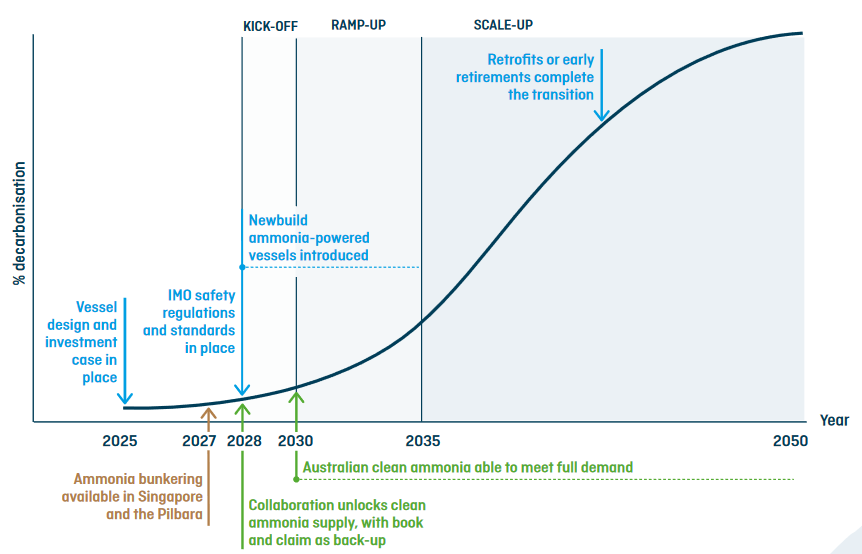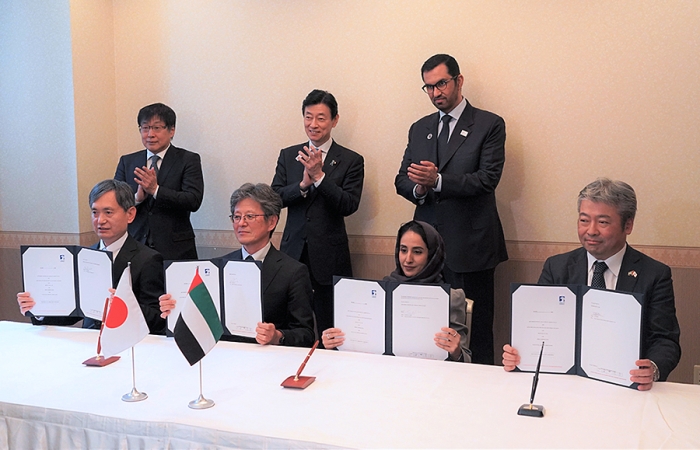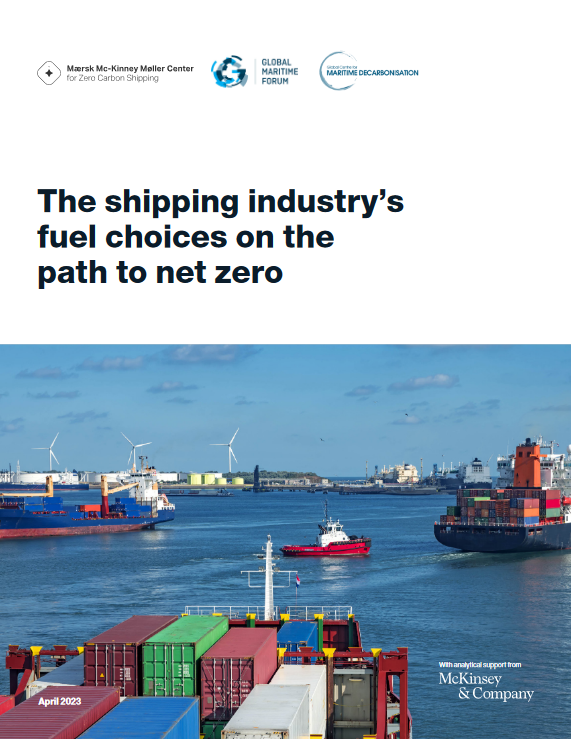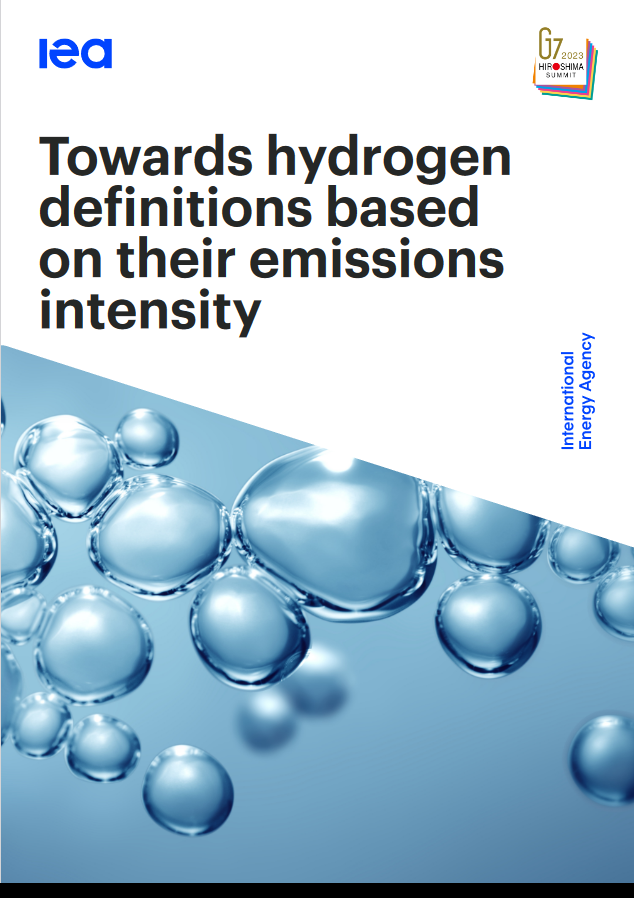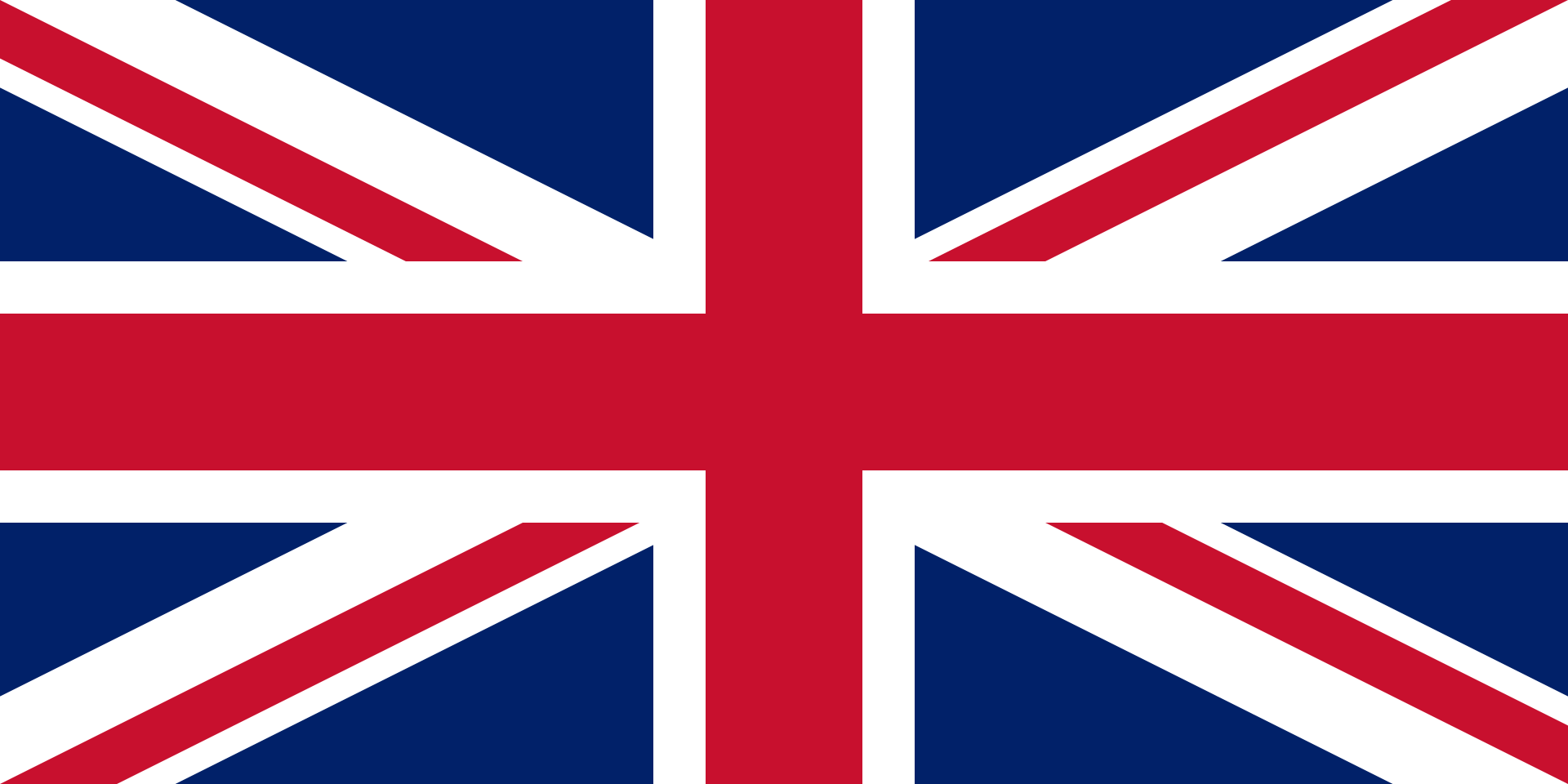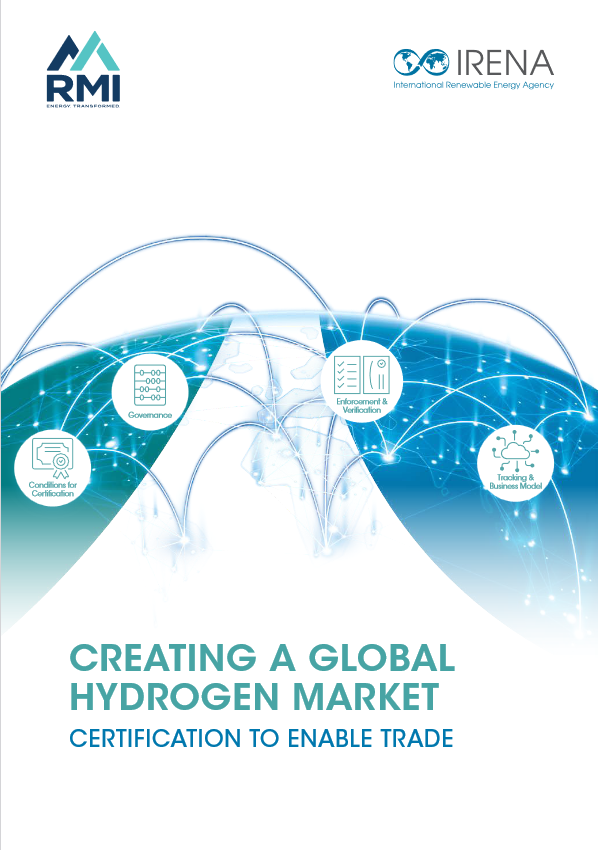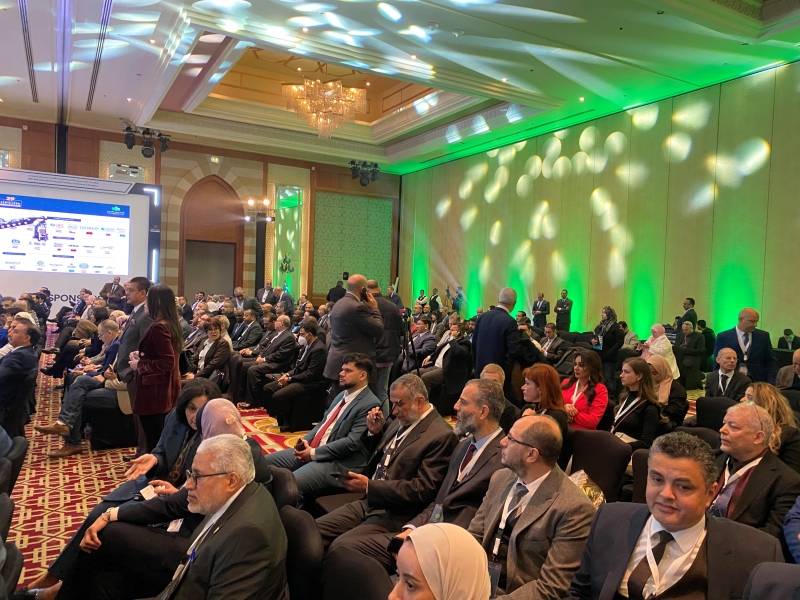The IMO charts a course to net-zero
The IMO member states have agreed to a new roadmap for the decarbonisation of the global shipping sector, including emissions reduction targets to be met in 2030 and 2040. It was also established that a well-to-wake approach will be the basis for the lifecycle analysis of maritime fuels going forward, with the uptake of near or zero-carbon alternative technologies & fuels to account for 5 - 10% of the global shipping sector by 2030.
